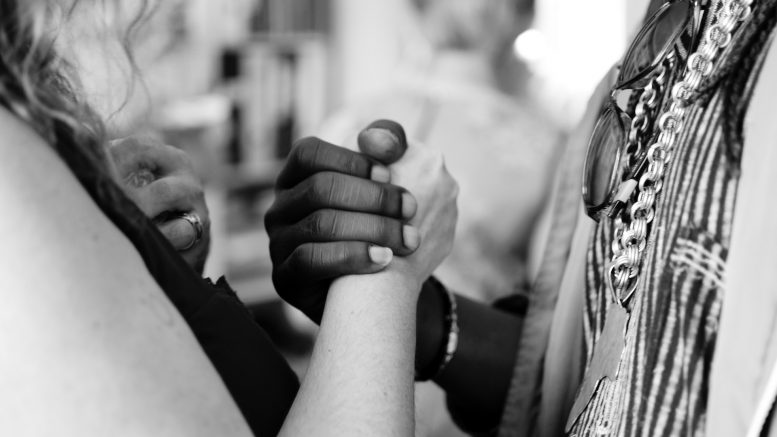Boston University’s (BU) ambitious plan to address racial issues led to the hiring of Ibram X. Kendi in 2020, who promised to create impactful academic programs and training modules through the Centre for Antiracist Research. Despite raising nearly $55 million, the centre’s modest achievements have led to significant downsizing, casting doubts on the effective use of funds and the feasibility of its lofty goals. Saida Grundy, a BU sociology professor, and Phillipe Copeland, a professor of social work, have openly questioned the outcomes of the initiative, likening it to symbolic gestures without substantial change.
A Nationwide Shift in DEI Efforts
The controversy at BU reflects a broader national reassessment of diversity, equity, and inclusion (DEI) initiatives in higher education. The surge in such initiatives during Donald Trump’s presidency and following George Floyd’s murder in 2020 is now under scrutiny. A study by the Heritage Foundation highlighted the disproportionate number of DEI staff compared to tenured faculty at universities, while institutions have increasingly required tenure candidates to demonstrate commitment to DEI.
Political Backlash and Legal Challenges
The Biden administration’s lessened focus on racial injustice has coincided with a pushback against DEI initiatives by Republican leaders. States like Florida and Texas have passed laws limiting funding and requirements related to DEI programs in public universities. These actions are supported by conservative groups like the National Association of Scholars, who advocate confronting what they see as DEI excesses.

Corporate America’s DEI Dilemma
Beyond academia, corporate DEI initiatives are also facing challenges. These range from hiring targets to mentorship programs for minority employees. Legal challenges to affirmative action policies in university admissions have emboldened conservative lawyers to question similar corporate policies. High-profile cases include investigations requested by Stephen Miller’s organization into firms allegedly discriminating against White, Asian, or male employees, and lawsuits by Edward Blum against law firms for their recruitment programs.
The Future of DEI in the Corporate Sector
While some companies may scale back their DEI efforts to avoid legal entanglements, others continue to promote these initiatives as good business practice. Research by Edward Watts of Yale suggests a rise in “diversity washers” – companies that emphasize DEI commitments without significantly diverse workforces – attracting more investment.
Conclusion
The landscape of DEI initiatives is undergoing a significant transformation, with challenges arising from political, legal, and practical spheres. As organizations navigate these complexities, the future of these programs remains uncertain. For more in-depth analysis and coverage of these issues, readers are encouraged to explore dedicated resources such as the Checks and Balance newsletter and dedicated hubs for presidential coverage.
©unityus.org

